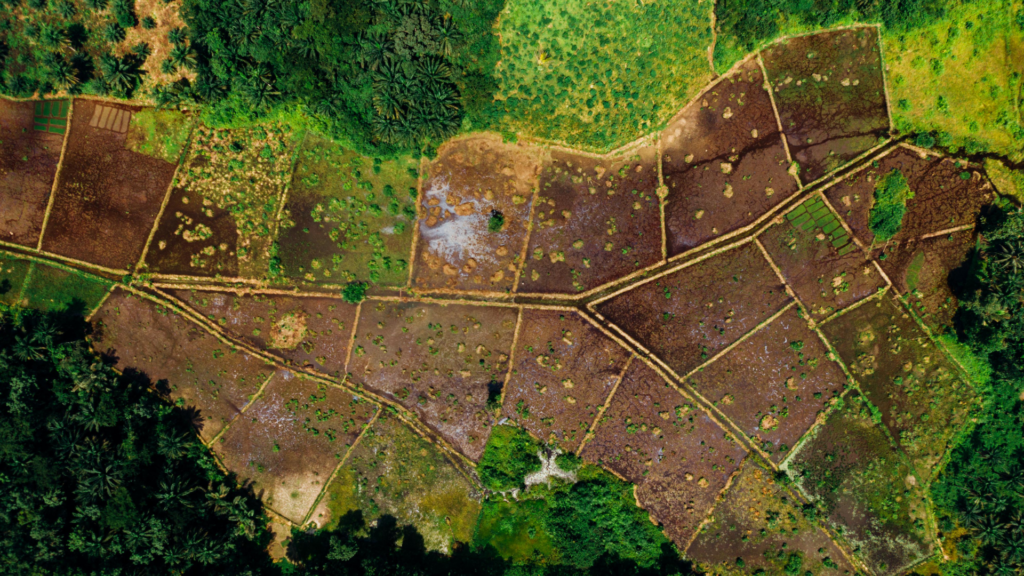Call us now:
Investing jointly in land is a common investment avenue for those who do not have enough capital to fully own a piece of land. However, this investment method carries inherent legal risks, and in recent times, there have been numerous disputes related to land investment agreements.

Is it possible to jointly contribute money to buy land in Vietnam?
Jointly contributing capital to buy land involves two or more individuals pooling their funds to receive the transfer of specific land usage rights. These rights will be collectively owned by the contributing parties. Rights and obligations regarding this piece of land will be divided based on the proportion of capital contributed by each member.
The current Vietnamese law does not prohibit the practice of contributing capital to purchase land, so organizations and individuals have the right to pool their resources to jointly own real estate.
Risks associated with joint land investment agreements
In practice, when parties contribute capital to buy land, they often only sign a capital contribution agreement without going through notarization or authentication. The capital contribution agreement typically designates one party as the representative of the registered landowners on the land use certificate, while another party holds the original land use certificate. However, common risks that arise in this situation include:
1/ The person named on the land title transfers the property to someone else without consent.
The person named on the land title or land use certificate may report its loss to the competent state authority and obtain a new one for the land. In this situation, they are the sole name on the land use certificate, making it easy for them to legally transfer the land usage rights to another party (with notarization and authentication as required). When the contributing parties discover this, the recipient of the land usage rights may be regarded as a bona fide third party, making it difficult to reclaim the property. In this case, pursuing the individual who transferred the land may be challenging (due to lengthy legal proceedings and low enforcement likelihood).
2/ Disputes over inheritance of jointly owned property.
In cases where the person named on the land title or land use certificate passes away, disputes may arise between the heirs and the individuals who contributed capital to purchase the land.
3/ Incomplete or unclear capital contribution agreements.
The absence of a capital contribution agreement or an agreement with incomplete or unclear terms can lead to financial losses for those participating in the capital contribution.
4/ Lack of evidence for contributed funds.
Contributing capital to purchase land with cash and without proper documentation or with unclear transaction records may lead to disputes where the receiving party denies the contributions of others.
5/ Falsification of the jointly purchased land’s value.
One party may deceive other contributing parties by inflating the amount used to purchase the land.

Procedures for Capital Contribution in Land Purchase to Avoid Risks
To minimize risks for those contributing capital to purchase land, the following steps should be taken:
1/ Research and verify specific details about the intended jointly purchased land usage rights: This includes information about the individual with land usage rights, land zoning regulations, purchase prices, and so on.
2/ Enter into a capital contribution agreement: The capital contribution agreement should be consulted on and drafted by a lawyer to prevent fraudulent activities and ensure the legal rights and interests of the contributors.
3/ Jointly list the names of the contributors on the land use certificate (indicating shared ownership). Simultaneously, notarize the agreement specifying the contribution ratios of each contributor to serve as a basis for future rights, benefits, and responsibilities distribution.
Disputes Arising from Land Purchase Contribution Contracts in Vietnam
Actual disputes arising from land purchase contribution contracts can include:
– Disputes over the distribution of inherited property among joint contributors.
– Disputes related to determining the contributed capital and contribution ratios.
– Disputes regarding demands for the return of funds.
– Disputes concerning requests to cancel transfer contracts or gift contracts for jointly purchased land usage rights.
– Criminal cases involving acts of misappropriating assets of one or several contributors.
Contact Us Now:
DCNH LAW
Address: 38B Tran Nhat Duat, Phuoc Hoa ward, Nha Trang city, Khanh Hoa province, Vietnam.
Phone: (+84) 343320223 – 974278893
Email: dcnh.law@gmail.com



